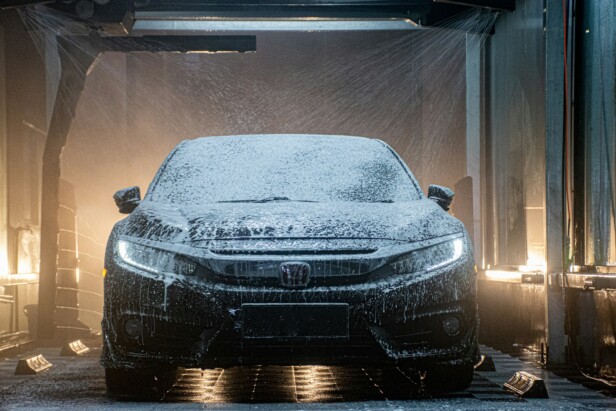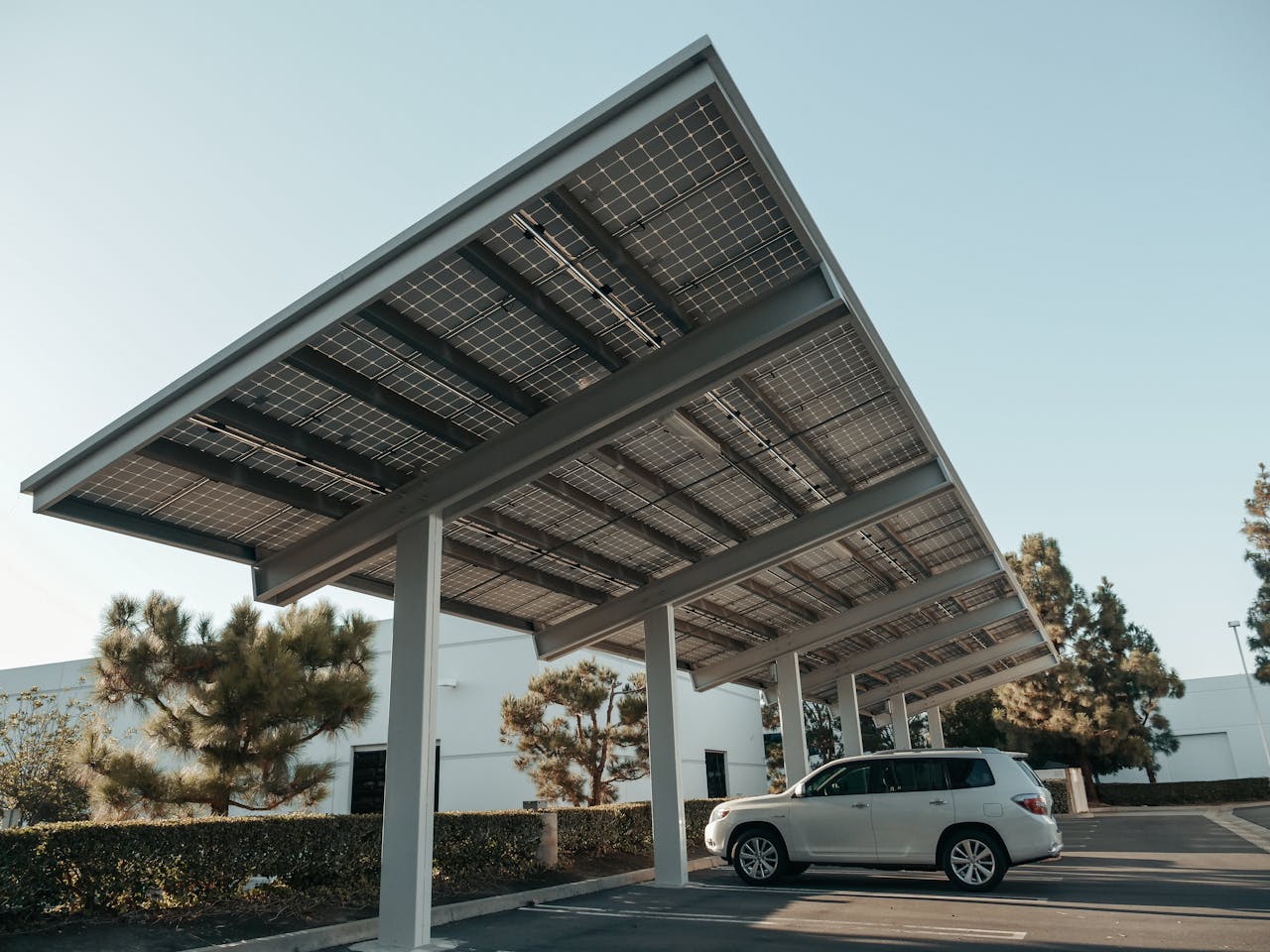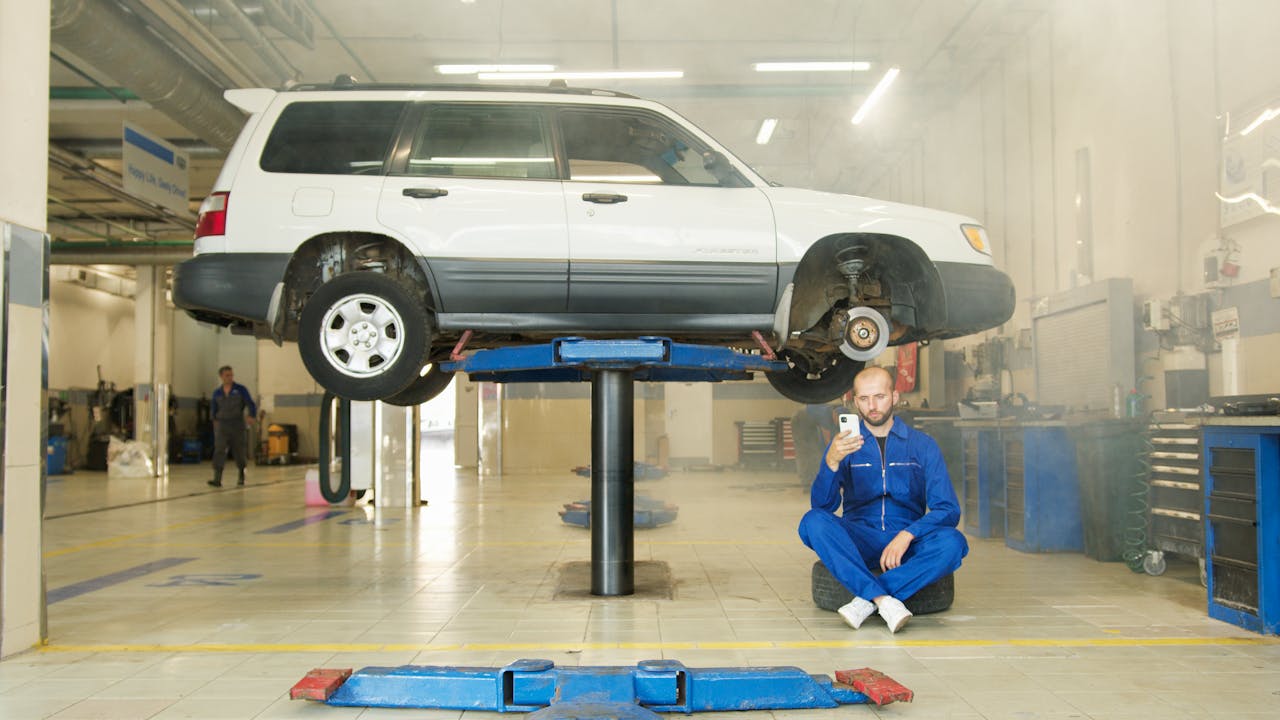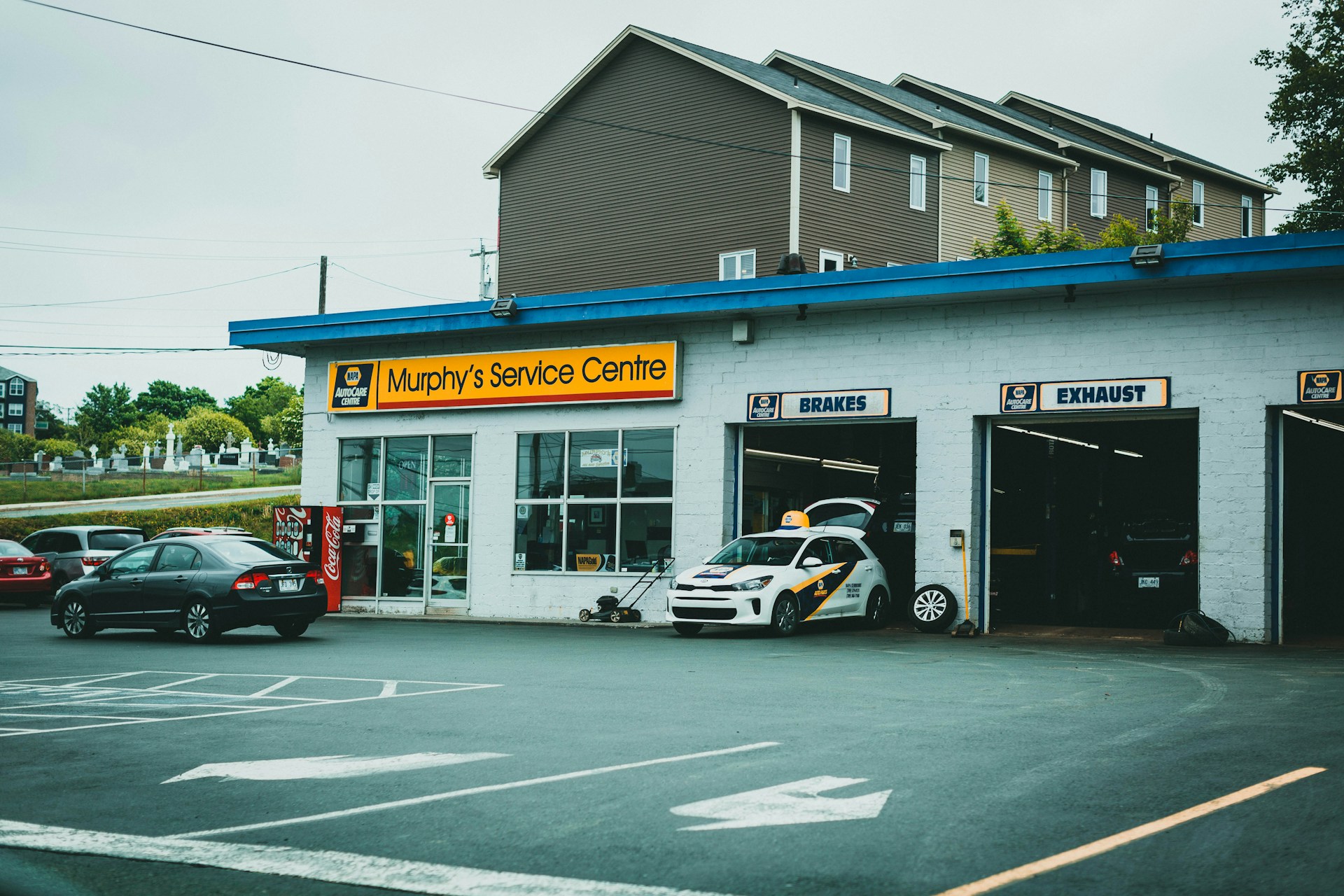Car wash tunnel cost in 2025 ranges from roughly $2.6 million to nearly $7 million for a complete project. The equipment alone for a conveyor car wash system typically runs between $1.4 and $2.1 million before adding building construction, site preparation, and operational systems.
A 120-foot tunnel project commonly falls within $3.5 to $8+ million depending on market conditions and feature selections. These broad ranges reflect significant variables in land costs, equipment sophistication, local permitting requirements, and site complexity that we manage during project planning and execution phases.
What Line Items Make Up A Tunnel Build Budget?

Understanding the specific budget categories helps us plan construction projects with realistic expectations. The line items break into predictable costs and highly variable expenses that depend on local markets and project complexity.
Building and fixed site improvements represent the largest predictable expense at $1,000,000 to $1,500,000. This includes the structure itself, foundation work, and permanent installations required for tunnel operations. Site preparation, grading, and basic utilities fall within this category.
Core Equipment And Systems
Primary tunnel and support equipment form the operational backbone with a base cost around $650,000, ranging from $500,000 to $800,000. This covers blowers, tire shine systems, conveyor mechanisms, hydraulics, pumping stations, arches, and boiler systems. Equipment quality and tunnel length drive the variance in this category.
Primary electronic components average $275,000 but range from $150,000 to $400,000. Pay stations, tunnel controllers, relay stations, and miscellaneous electrical systems comprise this budget line. Higher-capacity operations require more sophisticated control systems and additional payment processing stations.
Water treatment systems typically cost $150,000 at the base level, with a range of $50,000 to $250,000. Reclaim and filtration systems often become mandatory based on local regulations. The complexity of water recycling requirements significantly impacts this expense category.
Supporting Infrastructure
Vacuum systems require approximately $180,000, spanning $80,000 to $280,000 depending on the number of stations and system capacity. This includes motors, vacuum drops, hoses, plumbing connections, and related concrete work for installation.
HVAC and plumbing systems represent a smaller portion at $80,000 base cost, ranging from $40,000 to $120,000. Geographic location and seasonal temperature variations affect heating and cooling requirements. Climate-controlled environments for equipment protection may increase these costs.
Site and landscaping work averages $200,000, with a range of $100,000 to $300,000. Paving, leveling, asphalt work, and greenery installation depend heavily on site conditions and aesthetic preferences. Drainage requirements and environmental compliance can add complexity.
Marketing And Professional Services
Signage and marketing expenses average $150,000, ranging from $50,000 to $250,000. Main signage, menu boards, and launch marketing campaigns establish brand presence. Digital displays and premium signage packages increase costs significantly.
Planning and permitting costs base at $175,000, with a range of $75,000 to $275,000. Engineering, architecture, and required permitting vary by municipality and project complexity. Environmental assessments and specialized engineering increase professional service fees.
Variable Expense Categories
Land and real estate costs represent the most variable expense at a base of $1,250,000, ranging from $500,000 to $2,000,000. Market conditions, visibility, and parcel size create dramatic cost differences between locations.
Consultant and third-party services average $250,000 but range from $0 to $500,000. These services depend on project complexity and owner involvement in construction management. Specialized consultants for equipment selection and operational setup add value but increase costs.
Financing and debt service costs average $175,000, typically ranging from approximately $97,605 to $255,999. Interest rates, loan terms, and down payment amounts directly affect these expenses throughout the construction period and beyond.
How Much Do Tunnel Equipment And Technology Options Cost?
Equipment selection determines where most tunnel project budgets land. We see significant variance based on the scope of mechanical systems, electronics complexity, and ancillary features that developers choose to include.
Core Tunnel Equipment Package
The primary mechanical systems form the backbone of tunnel operations. Tunnel equipment packages including rollers, brushes, dryers, and chemical applicators typically range from $1,000,000 to $3,000,000. This wide span reflects differences in conveyor length, brush quality, dryer capacity, and chemical application sophistication.
Higher-end packages often include premium conveyor systems with variable speed controls, multiple brush configurations for different vehicle types, and advanced drying technology. We coordinate installations where developers opt for basic configurations to control initial capital, then upgrade components as revenue grows.
Electronics And Control Systems
Modern tunnel operations require sophisticated electronic infrastructure. Pay stations, controllers, and relay systems commonly total $150,000 to $400,000 as a standalone category. This covers tunnel controllers that manage wash sequences, relay stations that coordinate equipment timing, and various electrical components that tie systems together.
Automated payment and software systems add another $100,000 to $200,000 to project budgets. Advanced payment systems with mobile integration, membership management software, and customer analytics platforms push costs toward the higher end of this range.
Ancillary Systems And Add-Ons
Ancillary systems including vacuums, tire shiners, and fragrance systems typically cost $50,000 to $150,000. These components enhance customer experience and create revenue opportunities beyond basic wash services. Vacuum system complexity varies significantly based on the number of stations, motor power, and integrated payment systems.
Tire shine equipment, chemical applicators for specialized treatments, and scent dispensing systems represent common upgrades. We manage projects where developers phase these additions to spread capital requirements over time.
Alternative Equipment Benchmarks
Industry data shows conveyor car wash systems often carry $1,400,000 to $2,100,000 price tags when viewed from an equipment-focused perspective. This benchmark excludes site work, building construction, and soft costs, focusing specifically on the tunnel machinery and supporting mechanical systems.
The equipment-only view helps developers understand the core mechanical investment separate from real estate, permitting, and construction variables that fluctuate significantly by market.
Primary Cost Variance Drivers
Feature sets drive the most significant cost differences between tunnel projects. Premium brush configurations, advanced dryer technology, and sophisticated chemical application systems can double equipment costs compared to basic packages. Tunnel length directly impacts equipment quantity and complexity.
Designer choices around throughput capacity, wash quality targets, and future expansion capabilities influence equipment selection. We work with developers to balance initial capital constraints against long-term operational goals when specifying tunnel equipment packages.
What Total Project Ranges Should You Plan For?
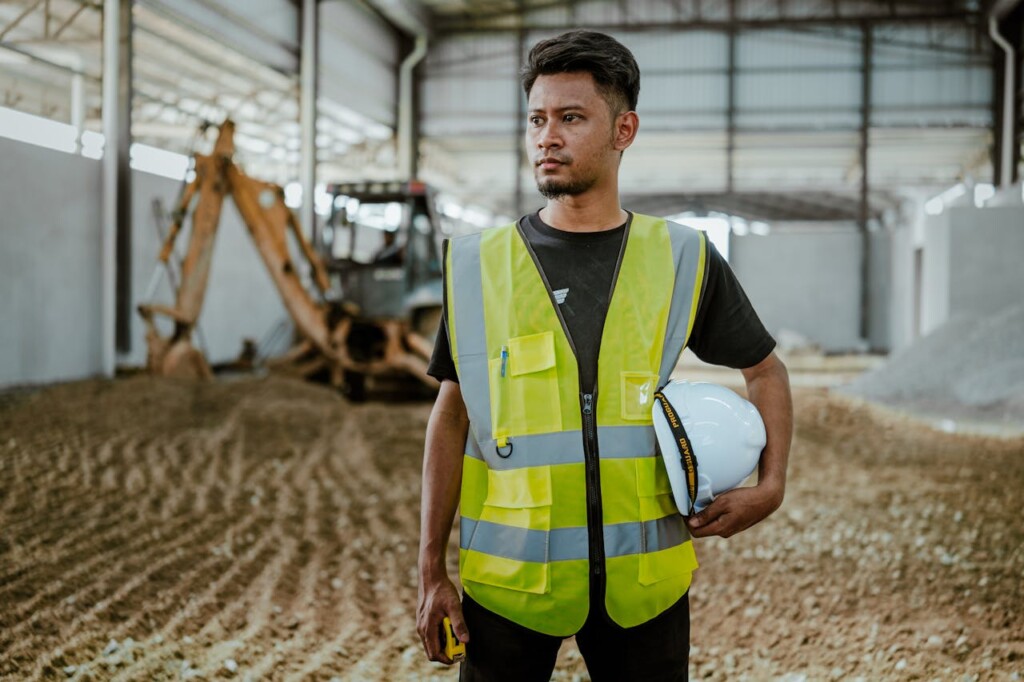
When we compile all cost categories, full tunnel car wash projects demand substantial capital across known and variable components. Known quantities typically span $2.045 to $4.175 million, while highly variable costs add another $598,000 to $2.756 million. Grand totals for new tunnel builds commonly range from $2.643 million to $6.931 million.
The known quantities category encompasses building construction, tunnel equipment, electronics, water treatment, vacuum systems, HVAC and plumbing, site development, signage and marketing, plus planning and permitting. These costs follow established patterns but still fluctuate based on local market conditions and design specifications.
Known Quantities Drive Base Investment
Building and fixed site improvements represent the largest known expense, typically consuming $1 million to $1.5 million of the budget. Primary tunnel equipment follows closely, with conveyor systems, arches, and support equipment ranging from $500,000 to $800,000. Electronic components including pay stations and tunnel controllers add $150,000 to $400,000.
Water treatment systems contribute $50,000 to $250,000 depending on local requirements for reclaim and filtration. Vacuum systems demand $80,000 to $280,000 for motors, drops, and concrete work. Site development and landscaping costs span $100,000 to $300,000 based on parcel conditions and finishing levels.
Variable Costs Create Budget Uncertainty
Land acquisition creates the most significant budget variance, ranging from $500,000 to $2 million depending on market, location, and parcel size. Real estate costs shift dramatically between secondary markets and prime metropolitan locations. Consulting and third-party services add zero to $500,000 based on project complexity and owner involvement.
Debt service costs typically run $97,605 to $255,999 annually, depending on financing terms, down payment, and interest rates. These ongoing costs directly impact cash flow projections and break-even calculations.
Tunnel-Specific Benchmarks
Industry operators commonly budget $3.5 million to $8 million for 120-foot tunnel projects, with final costs determined by market conditions and feature selections. Equipment scope significantly influences where projects land within this range. Basic configurations with standard wash packages trend toward the lower end, while premium installations with advanced technology push toward higher totals.
Operator estimates excluding land typically cite $2.5 million to $3.5 million for tunnel construction, though some projects reach $3 million to $6 million based on design complexity, code requirements, and equipment scope. Local ordinances and engineering standards create additional variance in soft costs and site development requirements.
Which Factors Will Move Your Car Wash Tunnel Cost Up Or Down?
Cost control becomes critical when we evaluate the variables that can swing tunnel project budgets by millions. We track eight primary drivers that consistently impact final construction costs.
Location fundamentally shapes land acquisition expenses. High-traffic suburban markets with prime visibility can push land costs from $500,000 to well over $2,000,000 for suitable parcels. Parcel size requirements for adequate queuing and customer flow add another layer of expense in competitive real estate markets.
Site complexity creates unpredictable cost escalation during construction. We encounter grading challenges on sloped terrain that require extensive earthwork. Drainage infrastructure demands increase when sites lack proper stormwater management systems. Environmental remediation adds significant expenses when soil contamination or wetland issues surface during due diligence.
Equipment decisions directly correlate with operational capabilities and capital investment. Premium tunnel systems with advanced arches, high-capacity dryers, and sophisticated chemical application systems can add $1-2 million to base equipment costs. Higher cars-per-hour throughput ratings require more robust conveyor systems and additional drying capacity.
Tunnel length presents a strategic trade-off between upfront capital and operational efficiency. Shorter tunnels constrain vehicle loading patterns and drying effectiveness, potentially limiting throughput. Extended tunnel layouts improve processing capacity but increase equipment count, building footprint, and utility infrastructure requirements.
Permitting complexity varies dramatically across municipalities and can add hundreds of thousands to project timelines and costs. Local ordinances governing water discharge, noise levels, and traffic impact require specialized engineering studies. Code compliance for fire suppression, electrical systems, and ADA accessibility often exceeds initial estimates.
Water treatment systems represent both regulatory requirements and operational necessities. Reclaim and filtration systems typically cost $50,000-$250,000 but reduce ongoing utility expenses and ensure environmental compliance. Municipal discharge permits may mandate specific treatment capabilities that drive system specifications.
Financing structures influence total project costs through interest rates, loan terms, and debt service requirements. Construction loans with variable rates create budget uncertainty during extended build timelines. Equipment financing versus conventional commercial loans affects cash flow and collateral requirements throughout the development process.
Conclusion and Next Steps
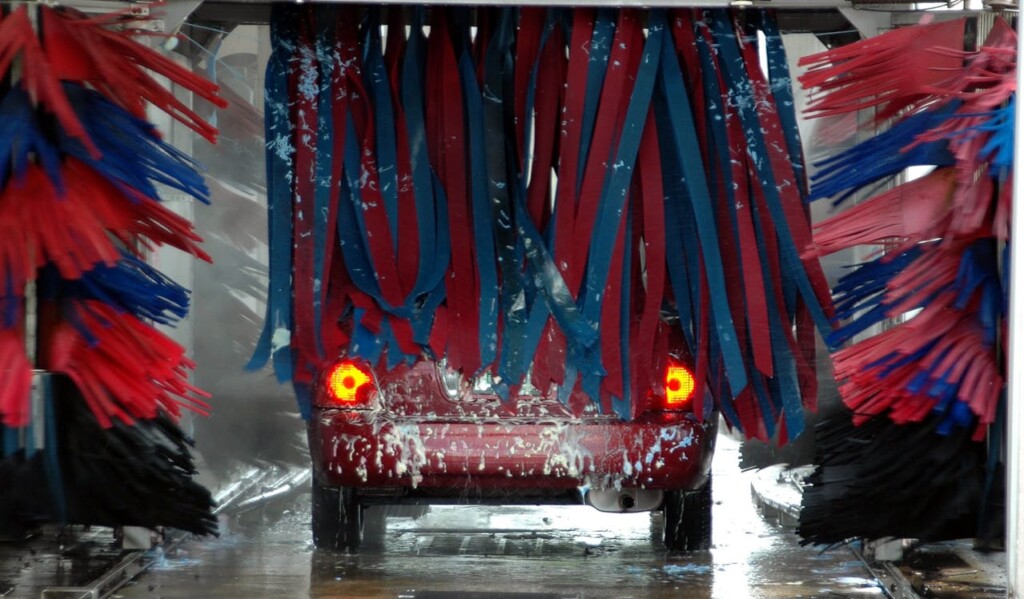
Car wash tunnel development requires careful financial planning across equipment, site preparation, and operational infrastructure. Full project budgets typically range from approximately $2.64 to $6.93 million, with land acquisition and equipment specifications driving the final cost. For a 120-foot tunnel, most developers should prepare for investments between $3.5 and $8 million, depending on market conditions and feature selections.
We recommend developing a conservative pro forma that accounts for seasonal variations and market penetration timelines. Stress-testing debt service capabilities against various revenue scenarios helps ensure project viability during slower periods. The break-even annual car count becomes your most critical performance metric, as it determines whether the facility can sustain operational expenses and debt obligations while generating acceptable returns.
Moving forward, establish detailed cost targets for each major budget component before committing to construction. Validate land acquisition costs and utility infrastructure requirements early in the planning process, as these elements often present unexpected expenses. Water reclaim systems deserve particular attention, given regulatory requirements and operational cost benefits. Electronics and software packages require careful scoping to balance functionality with budget constraints, while consultant fees and permitting timelines need realistic scheduling to avoid costly delays.
Contact EB3 Construction for expert guidance on your car wash tunnel development project.

